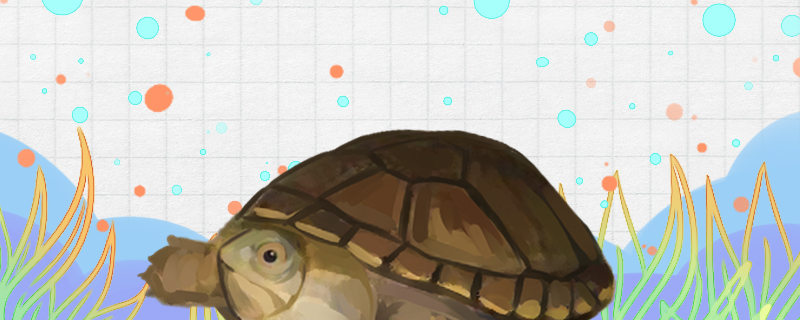
The Sorola mud turtle is a kind of turtle that can be raised artificially. Their breeding difficulty is not too high. It is a kind of turtle that is relatively easy to raise. They are not too sensitive to the environment, their adaptability to the environment is good, and they are not easy to die in the process of breeding. However, although their breeding is not very difficult, if we want them to grow fast and develop well, we also need to take care of them carefully to achieve this goal.
1. Space: The Sorola mud turtle is an animal with strong adaptability, and the requirements for the breeding environment are not high. They like to move on land, the container can be arranged into a pattern of water and land, and a balcony is placed on the edge of the land, on which they can bask in the sun and rest. Water plants and green plants are placed around the drying platform to simulate the natural environment in the field and maintain a suitable place for their growth.
2. Feeding: When breeding Sorola mud turtles, feeding is a very important link, and attention should be paid to the reasonable mix of food and feeding frequency. This kind of turtle can eat more kinds of food, they are never picky about food. When feeding, meat can be used as staple food, such as insects, fish and shrimp, but before feeding, it should be disinfected, washed and chopped before feeding. In addition, you can also feed some special turtle feed and other food. 2-3 days can be fed once, but also need to pay attention to the amount of feeding is not too much.
3. Water temperature: During the period of raising Sonora mud turtles, it is very important for them to adjust the appropriate water temperature, because the water temperature will affect their feeding behavior and digestion and absorption. Temperatures between 23 and 30 degrees are optimal.
4. Water quality: Because the quality of water directly affects the health of the Sonora mud turtle, it is necessary to replace the water regularly to keep the water clean. It is suggested that new water should be replaced once a week, and that one third of the water should not be replaced at one time. If food residue or excrement is found in the water, it should be cleaned up in time.